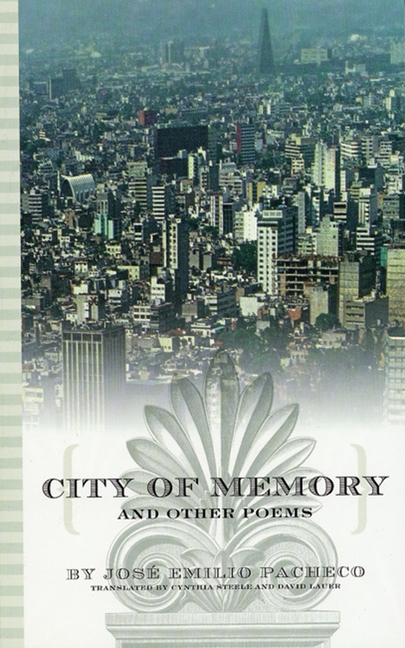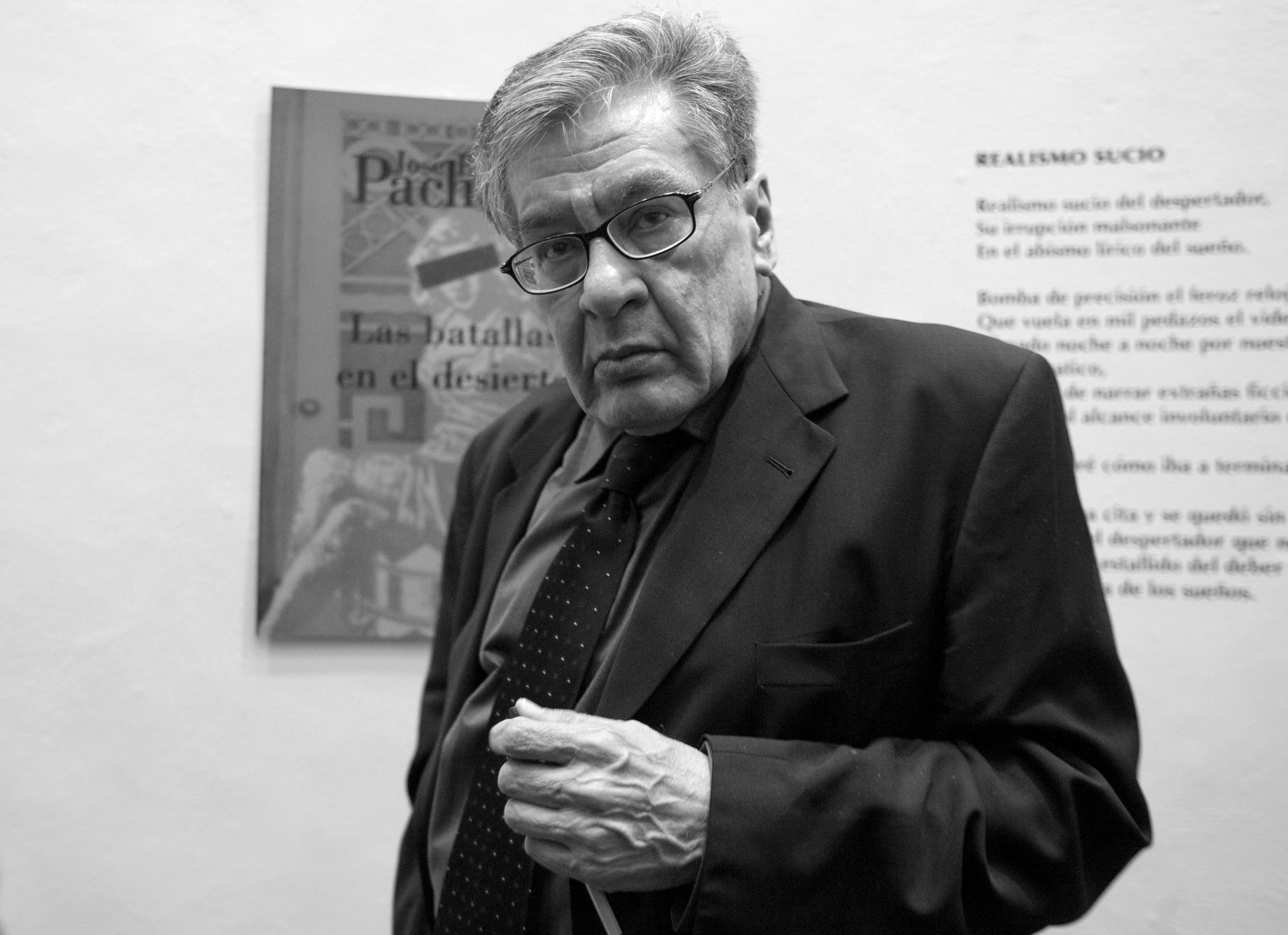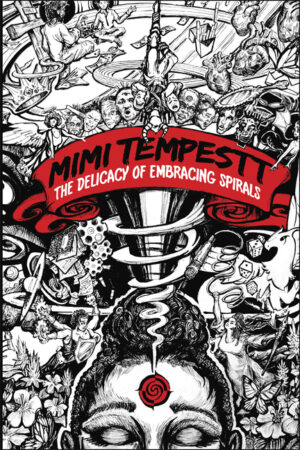The leading poet of his generation, Jose Emilio Pacheco is one of Mexico’s most esteemed and beloved writers. City of Memory and Other Poems presents two of his finest poetry collections, accompanied by beautifully rendered translations.
The first, “City of Memory,” touches on Pacheco’s major literary obsessions: the destructive effects of time; the essential egotism and cruelty of the natural world, with humankind at its violent center; and the capacity of the human spirit to achieve transcendence. The second, “I watch the Earth,” is an emotional catharsis, the poet’s mediation on the tragic earthquake that devastated his native Mexico City in 1985. Together, these poems paint a vivid picture of the noble beauty and uncontrollable tragedy that is Mexico-and the world-today.
“One of Mexico’s foremost writers, Pacheco (b. 1939) divides his time between the University of Maryland and Mexico’s National Institute of History and Anthropology. His poetic voice is straightforward and epigrammatic (“No beauty can match/ the leaf as it withers and falls to the earth”) and his style spare and clean.” —Book Verdict
“There is simply no kind of poem Pacheco did not write: lyrics, lyric sequences, narratives, philosophical verse, satires–all humble and humbling in their directness and lack of both theoretical jargon and political cant.”–Joseph Hutchison
-
Hi, I'm Jose Emilio Pacheco
On June 30, 1939, José Emilio Pacheco was born in Mexico City. He studied at the Autonomous National University of Mexico. After graduating, Pacheco worked as the Assistant Editor for Revista de la Universidad de Mexico, and then as Associate Editor to La Cultura en Mexico. He went on to teach literature at the University of Essex in the United Kingdom.
Pacheco's first book of poetry, Los elementos de la noche (The Elements of Night), was published in 1963, when he was barely twenty. This was followed by a novel, El viento distante (1963). His other collections of poetry include El reposo del fuego (The Resting Place of Fire, 1966), Irás y no volverás (And So You Go, Never to Come Back, 1973), Islas a la deriva (In the Drift of the Islands, 1976), Desde Entonces (Since Then, 1980), Los trabajos del mar (The Labors of the Sea, 1983), and An Ark for the Next Millennium: Poems (illustrated by Francisco Toledo, translated by Margaret Sayers Peden, 1993).
Pacheco is a well-known translator of works by Samuel Beckett, Yevgeny Yevtuschenko, and Albert Einstein, among others. He was awarded with the Mexican National Poetry Prize in 1969 for his collection No me preguntas cómo pasa el tiempo (Don't Ask Me How the Time Goes By). His collection El silencio de la luna (The Silence of the Moon) was awarded the Premio José Asunción Silva for the best book in Spanish to appear in any country between 1990 and 1995. Pacheco is considered the most important Mexican poet of the generation following Octavio Paz and Alfonso Reyes.







